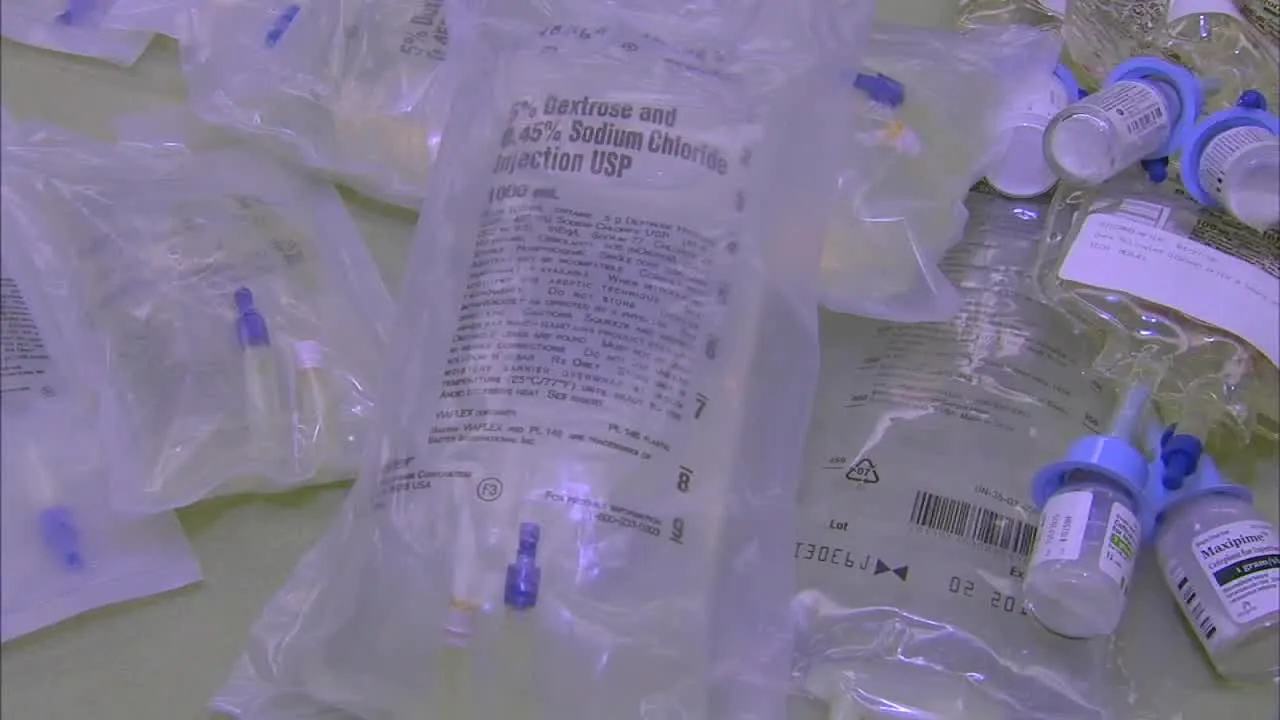How Hurricanes Impact Health Care: The IV Fluid Shortage in Metro Atlanta

Health Care Crisis in Metro Atlanta Due to Hurricanes
Health care systems across metro Atlanta are grappling with a significant crisis caused by Hurricanes, which have severely disrupted the supply of intravenous (IV) fluids. Following Hurricane Helene's impact, hospitals are facing critical shortages, with Children's Hospital of Atlanta reporting deliveries at only 40 percent of normal levels. This predicament has led to strict rationing of essential IV fluids, particularly concerning for patients requiring immediate medical care.
The Importance of IV Fluids Amid a Crisis
- Dr. Cecil Bennett from Newnan Family Medicine emphasizes that IV fluids are vital for treatment during emergencies.
- The recent hurricane has intensified concerns about patients suffering from severe dehydration or critical health events.
- Fear looms that the crisis may escalate without immediate action to address supply issues.
Efforts to Mitigate the Shortage
The U.S. Food and Drug Administration (FDA) has authorized shipments of IV fluids from overseas to alleviate the immediate demand. However, Dr. Bennett warns that smaller medical practices may continue facing supply challenges due to prioritization of emergency facilities.
Reevaluating Health Care Inventory Management
Bennett calls for a comprehensive reevaluation of healthcare inventory strategies, highlighting that future disasters could lead to similar shortages of critical drugs. While Baxter anticipates returning to full supply levels by the end of 2024, the risks posed by such natural disasters underscore the need for a more proactive approach to maintaining essential drug inventories.
Looking Ahead
The current crisis serves as a clarion call for the healthcare community to rethink their preparedness measures, ensuring that crucial medications are safeguarded against unexpected disruptions.
This article was prepared using information from open sources in accordance with the principles of Ethical Policy. The editorial team is not responsible for absolute accuracy, as it relies on data from the sources referenced.